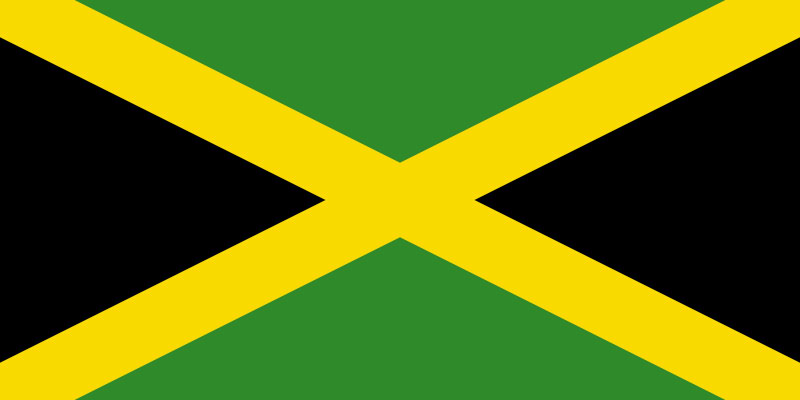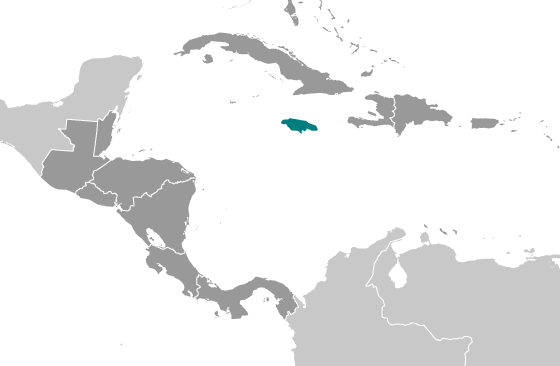HISTORICAL BACKGROUND
The Access to Information Act was adopted in July 2002.(1) Initially, the Act was to be implemented across the whole of government, but in December 2004 the Act was amended to permit the Act to be phased into effect in four phases, starting in January 2004.(2) All Ministries had implemented the Act by May 2005, and all departments and agencies were prepared for implementation by July 2005.(3)
The Governor-General, security and intelligence services, the judicial function of courts, and bodies as decreed by the Minister of Information are excluded from the scope of the Act.
Documents are exempt from disclosure if they would prejudice security, defense, or international relations; contain information from a foreign government communicated in confidence; is a submission to the Cabinet or a Cabinet Decision or record of any deliberation of the Cabinet (except for factual information); are law enforcement documents that would endanger or could reasonably be expected to endanger lives, prejudice investigations, or reveal methods or sources; the document is privileged or would be a breach of confidence, contempt of court of infringe the privileges of Parliament; contains opinions, advice or recommendations or a record of consultations or deliberations for Cabinet decisions that are not factual, scientific or technical in nature or if the release is not in the public interest; would harm the national economy; would reveal trade secrets or other confidential commercial information; could be expected to result in damage, destruction, or interference with historical sites, national monuments or endangered species if the release is not in the public interest; or relating to the personal affairs of any person alive or dead. The Prime Minister can issue a conclusive certificate that the document is a Cabinet record. Other responsible Ministers can issue a certificate exempting documents relating to national security, law enforcement or national economy. Exemptions are 20 years or less as the minister decrees. Individuals can also apply to correct documents that contain personal information that is incorrect if the documents are used for administrative purposes.
Appeals are heard internally by the Permanent Secretary or principal officer of the Ministry or the Minister for documents subject to a certificate. Second appeals then go to an Appeal Tribunal set up specifically to hear complaints under the Act. The Tribunal was established in December 2003 but has been slow to take up its mandate. The ATI Stakeholders Advisory Group (see below for details) has reported that problems faced by requestors going to the Tribunal have included: lengthy delays in receiving acknowledgement of the appeal from the Tribunal; lengthy delays in getting dates set for hearings; excessively formalistic, onerous and legalistic procedures; short notice periods for hearings; and onerous procedural requirements. The Group has also observed that difficulties faced by the Tribunal include: all current members being employed elsewhere, which has led to severe scheduling difficulties sittings of the Tribunal; difficulty getting draft regulations amended; and lack of a designated Secretariat.(4)
Acts done to illegally prevent the disclosure of information can be punished by fine and imprisonment.
The Access to Information Unit (5) of the Jamaica Archives and Records Department in the Office of the Prime Minister was formed in January 2003 to overseeing the implementation of the Act.(6) The Unit provides training and guidance to both agencies and the public on the Act and is working with NGOs such as the Carter Center. By March 2004, the Unit had trained 4339 public employees and others on the Act. The ATI Unit also set up an ATI Association of Administrators, which brought together department ATI officials to discuss implementation challenges and successes, and set up an ATI Stakeholders Advisory Group made up of the ATI Unit Director and a cross section of business, media and NGO representatives who gave feedback on implementation.(7) However, in July 2005 both the Executive Officer and Public Relations Officer resigned, and the Government has not filled these positions.(8) This has significantly slowed the work of the Unit.
The ATI Stakeholders Advisory Group reports that 468 requests were received and 165 were granted full access in the first year of operation of the Act. The ATI Unit reported in March 2005 that the Appeal Tribunal initially received ten appeals against three Public Authorities, namely, the Bank of Jamaica (5 appeals), the Ministry of Finance & Planning (4 appeals) and the Office of the Prime Minister (1 appeal).(9) However, Jamaicans for Justice have reported that by early 2006 the Appeals Tribunal has only managed to sit on two days to hear three appeals.(10)
The Act explicitly requires that the law is reviewed by a parliamentary committee within two years of coming into force. A Joint Select Committee on Access to Information, chaired by Information Minister Trevor Munroe, was accordingly set up in December 2005, and began hearings in January 2006. The Committee completed its hearings in March 2005. However, a new Information Minister was appointed shortly after and it is expected that the Committee will begin another round of hearings before finalizing its recommendations. A number of amendments were proposed to the Committee to narrow the scope of the law, including amendments to remove Cabinet and the Bank of Jamaica from its scope. Civil society organizations made representations to the Committee seeking amendments to the law and operational changes to facilitate better access.(11)
The Archives Act (1982) provides for access to documents over 30 years old. Minister of Information Colin Campbell announced in June 2002 that the first set of Cabinet Documents from the ten years following independence would be made available at the archives.
The Official Secrets Act 1911 remains in force and applies to the unauthorized disclosure of documents. Minister of Justice AJ Nicholson said in April 2003 that the Government would move to abolish the Act following implementation of the ATI Act.(12)
2004 freedominfo.org Global Survey Results - Jamaica
NOTES
1. Access to Information Act 2002. http://www.jis.gov.jm/special_sections/ATI/ATIACT.pdf
2. See update from the Cabinet Office of Jamaica at http://www.cabinet.gov.jm/accessInfo.asp
3. See http://www.ziplaw.com/news/archives/000355.html and http://www.jamaicansforjustice.org/ATI/about.htm
4. Access to Information Advisory Stakeholders Committee Submission to Parliamentary Select Committee Conducting the Review of the Access to Information Act 2002, February 2006.
5. See also http://www.jard.gov.jm/ati/
6. Homepage: http://www.jis.gov.jm/special_sections/ATI/default.html
7. Aylair Livingstone, Director ATI Unit, The Implementation Of The Access To Information Act - The Jamaican Experience: Challenges & Successes, 2005.
8. Carolyn Gomes, Executive Director, Jamaicans for Justice (2006) "Reviewing the Access to Information Act in Jamaica", CHRI Newsletter.
9. Link
10. Carolyn Gomes, Executive Director, Jamaicans for Justice (2006) "Reviewing the Access to Information Act in Jamaica", CHRI Newsletter.
11. Click here to access these submissions.
12. Access to Information Act to be Implemented on October 1, JIS, 25 April 2003.





















